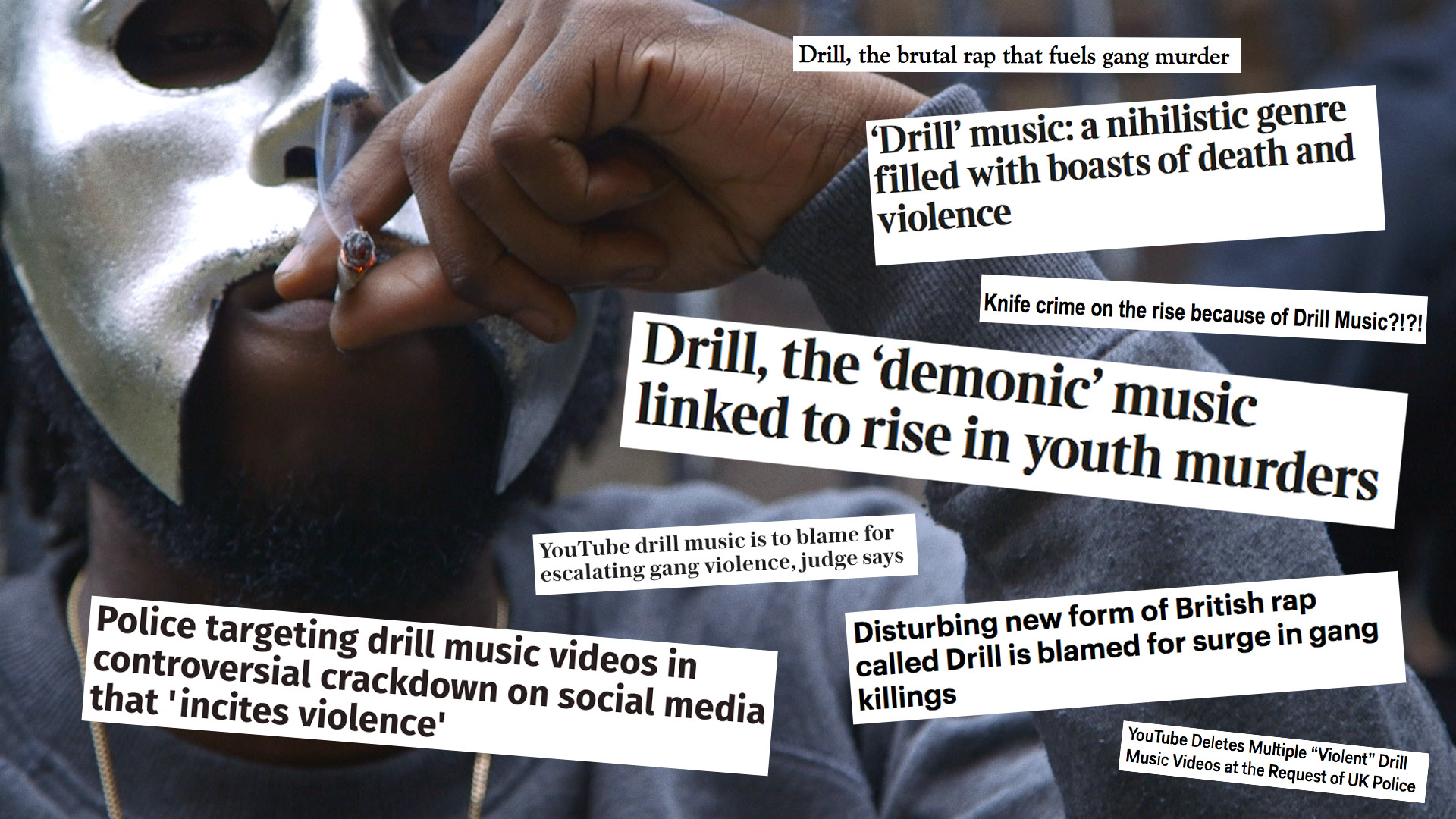Drill music is the latest genre of UK urban music to be blamed for inciting violence amongst young people. Music has often been the focus of those trying to explain the violence of people they don’t really understand; think grime in the 2000’s or hip hop in the 90’s. The blame thrown at drill music for inciting violence and subsequent calls for its censorship, reveal just how far detached many people are from the issues urban music culture brings to the fore.
The gun-ridden streets of Chicago, where more than 3,500 people were shot last year, gave birth to drill at the beginning of the decade. The genre is form of trap music characterised by a slower tempo, around 70 beats per minute, and extremely violent lyrics. Artists such as Chief Keef brought the genre worldwide condemnation with songs such as “I don’t like”. The UK version of drill has grown in popularity over the past few years with big names such as K-trap, 67, Harlem Spartans and Abra Cadabra regularly having songs played on BBC 1Xtra whilst amassing millions of views on YouTube.
Earlier this year The Metropolitan Police blamed drill videos for a surge in murders and violent crime in London. Detective superintendent Mike West said the videos “incite violence” and “what looks like a music video can actually contain explicit language with gangs threatening each other”. As a result of requests from The Met police, YouTube has removed over 30 drill music videos. Further pressure to censor drill music has led a top BBC executive to defend the decision to play drill on BBC 1Xtra. He said that the BBC balances “the need to protect creativity” along with its “duty of care to its audience”
As with all issues of censorship the crucial question is where should the line be drawn and who should draw it? In this instance no line should be drawn. There is not enough evidence to say that stabbings and shootings are directly caused by music videos. It is anger and reckless decision making that leads young people to pick up a knife or a gun, not music. Also, the police, or anyone else for that matter, should not be trusted with the power to choose what type of Music we are allowed to listen to.
There is no doubt that the vast majority of what drill rappers talk about is violent, misogynistic and horrific. No reasonable person can condone lyrics that glorify stabbings and shootings. But no reasonable person should try to suggest that music is driving increases in violent crimes and deaths. Those who are so quick to blame drill music for violence are guilty of diverting attention from the real issues at hand.
Artists have always reflected their experiences in their work. Drill artists are no different. Their music is an expression of their realities and the realities of many others. Guns, knives, drugs and abuse are clearly the things that are at the forefront of these rappers minds. Instead of writing books or poetry, they write rap lyrics. Rapper T Face has pointed to the fact that along with taking away their means of expression by censoring drill, “all they’re doing is putting people back on the roads”. Unfortunately, drill can and has been used to facilitate conflict and subsequently physical violence. This doesn’t mean that censoring drill would provide a solution to the problems of violence that consume so many young people.
AM from Brixton group 410 has said, “they don’t want to see what’s going on but drill music is drawing attention to it. Their attitude is: if we can shut down the music, everyone will feel safer”. “They” should listen to AM and instead of demonising drill, “they” should see it as a product of some very disturbing circumstances. Drill music has brought the issue of extreme gang violence even closer to the public eye. It is no longer hidden away in the estates of Peckham, Brixton or Harlesden, it’s out there on YouTube and 1Xtra for all of us to witness. It should remain that way.
Oliver Murphy
Image: [Noisey]

